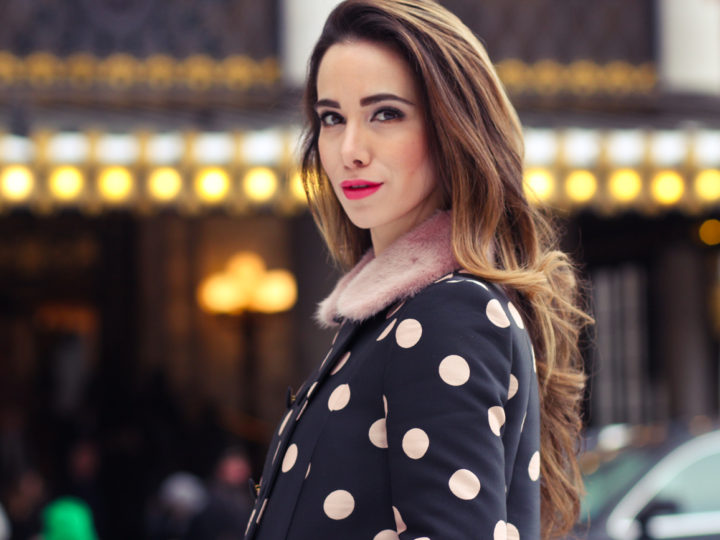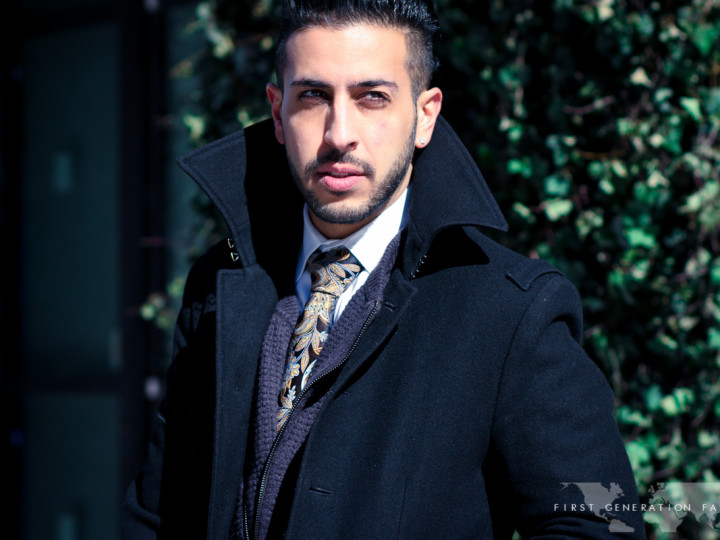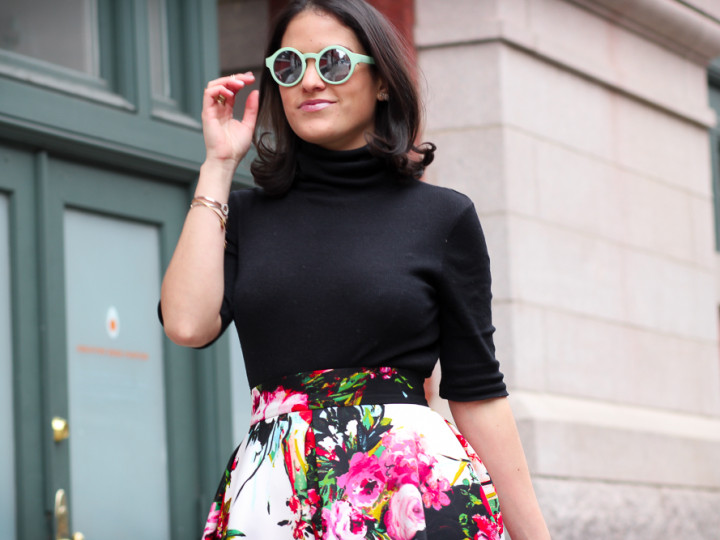
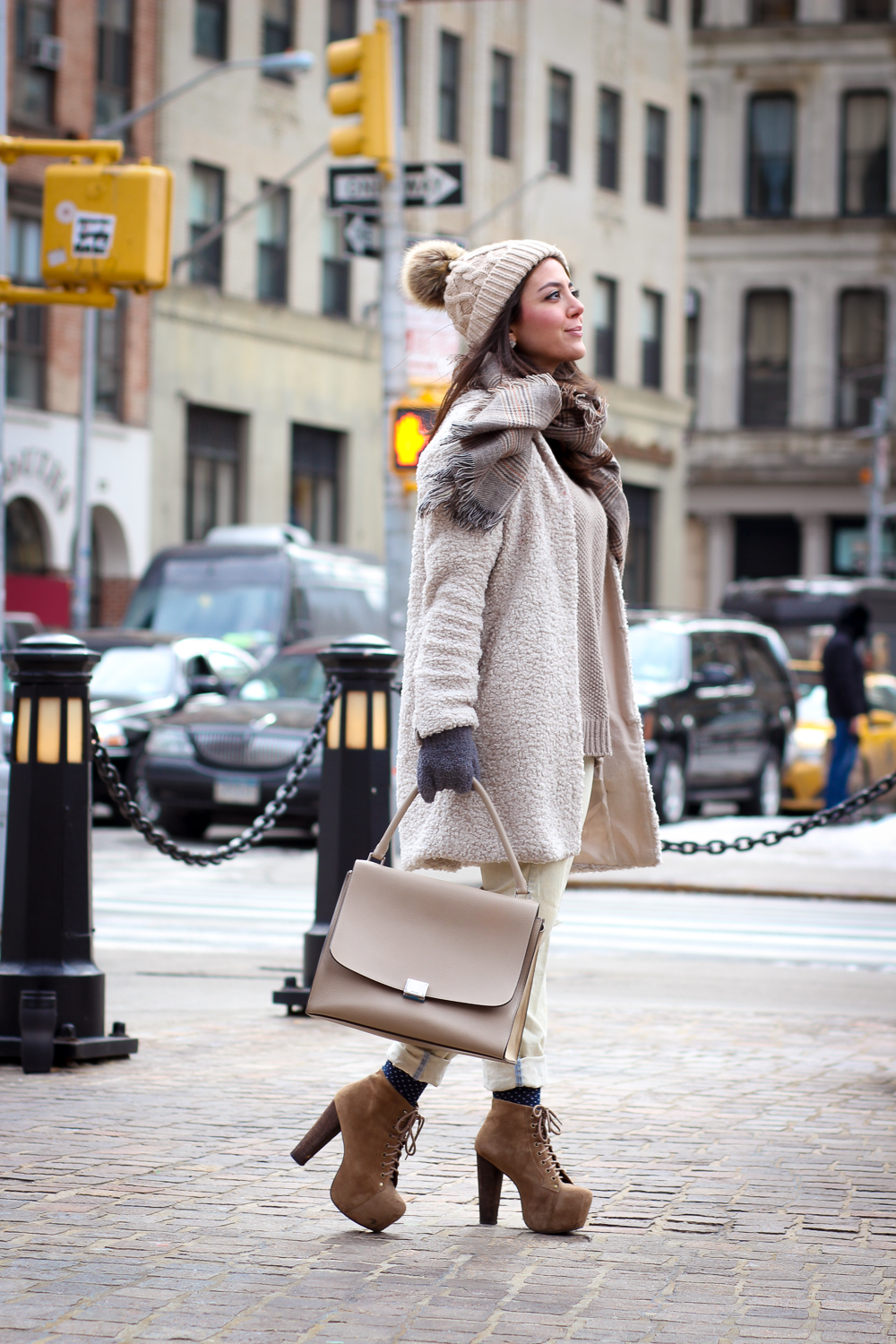
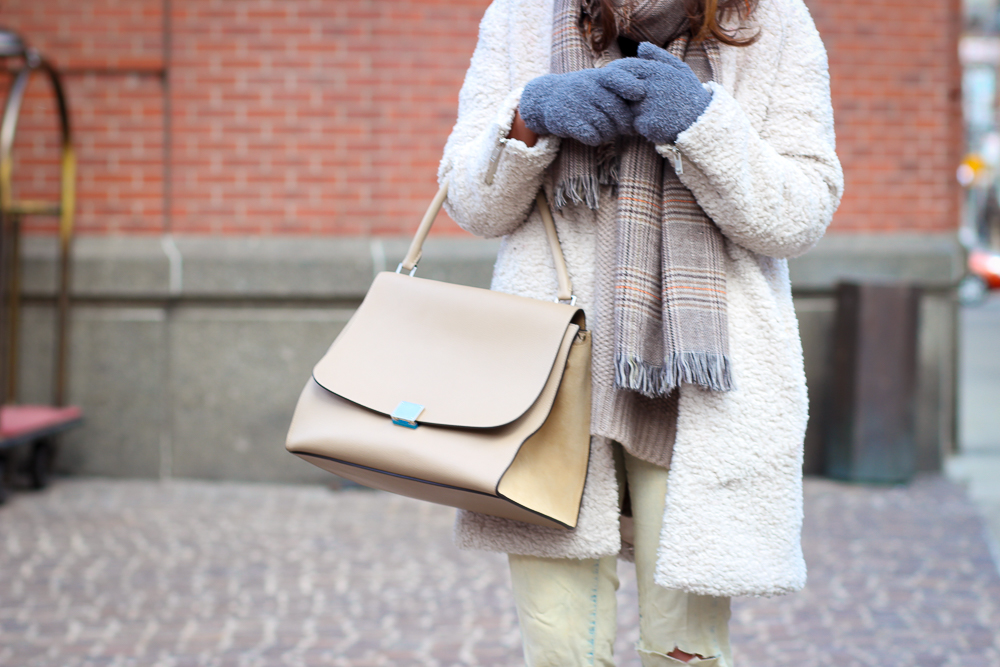
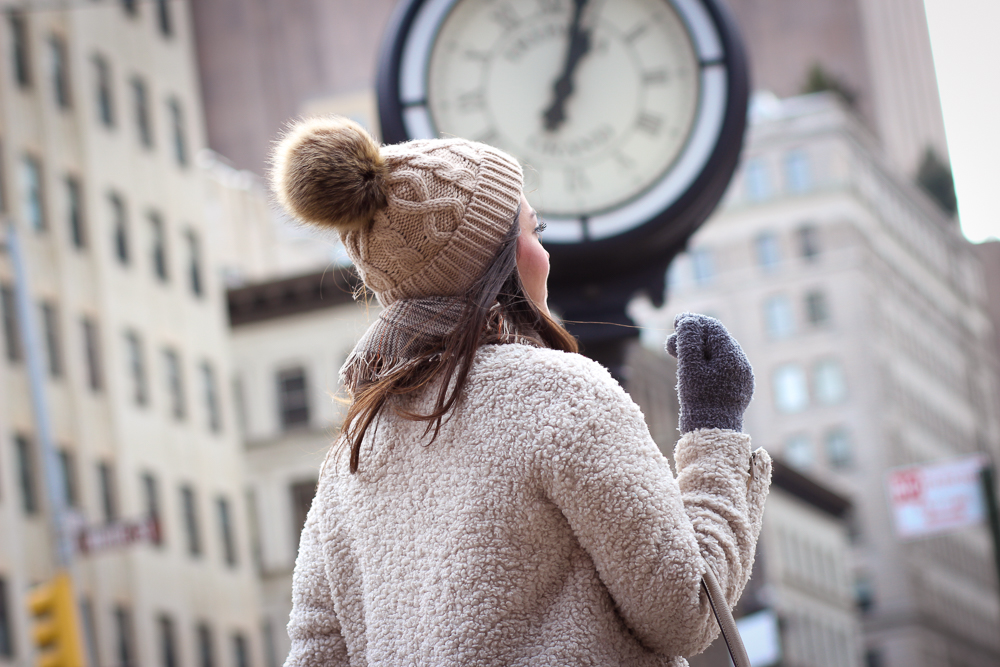
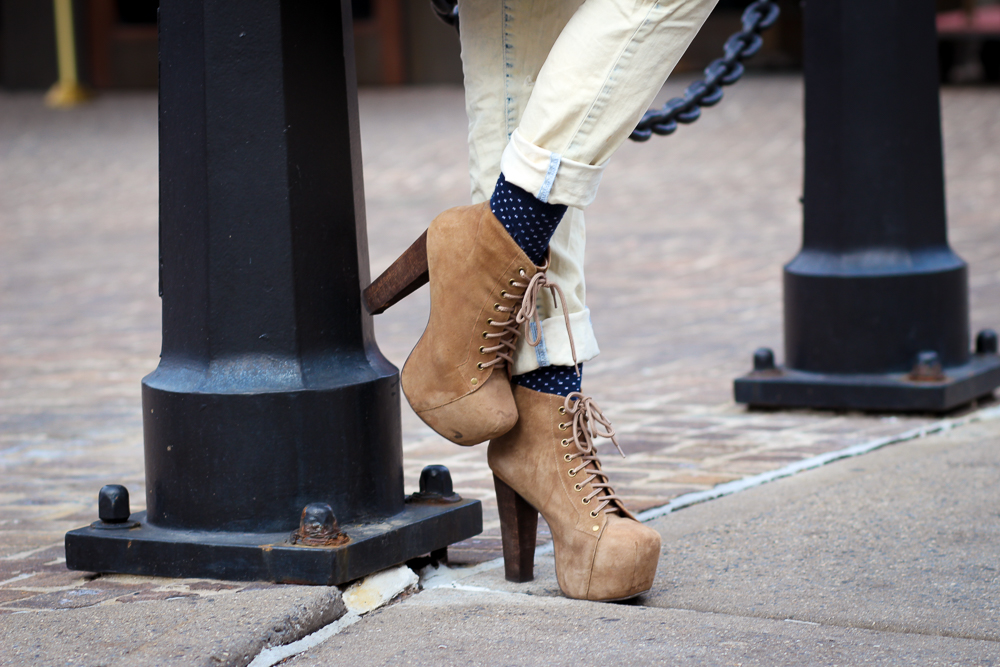

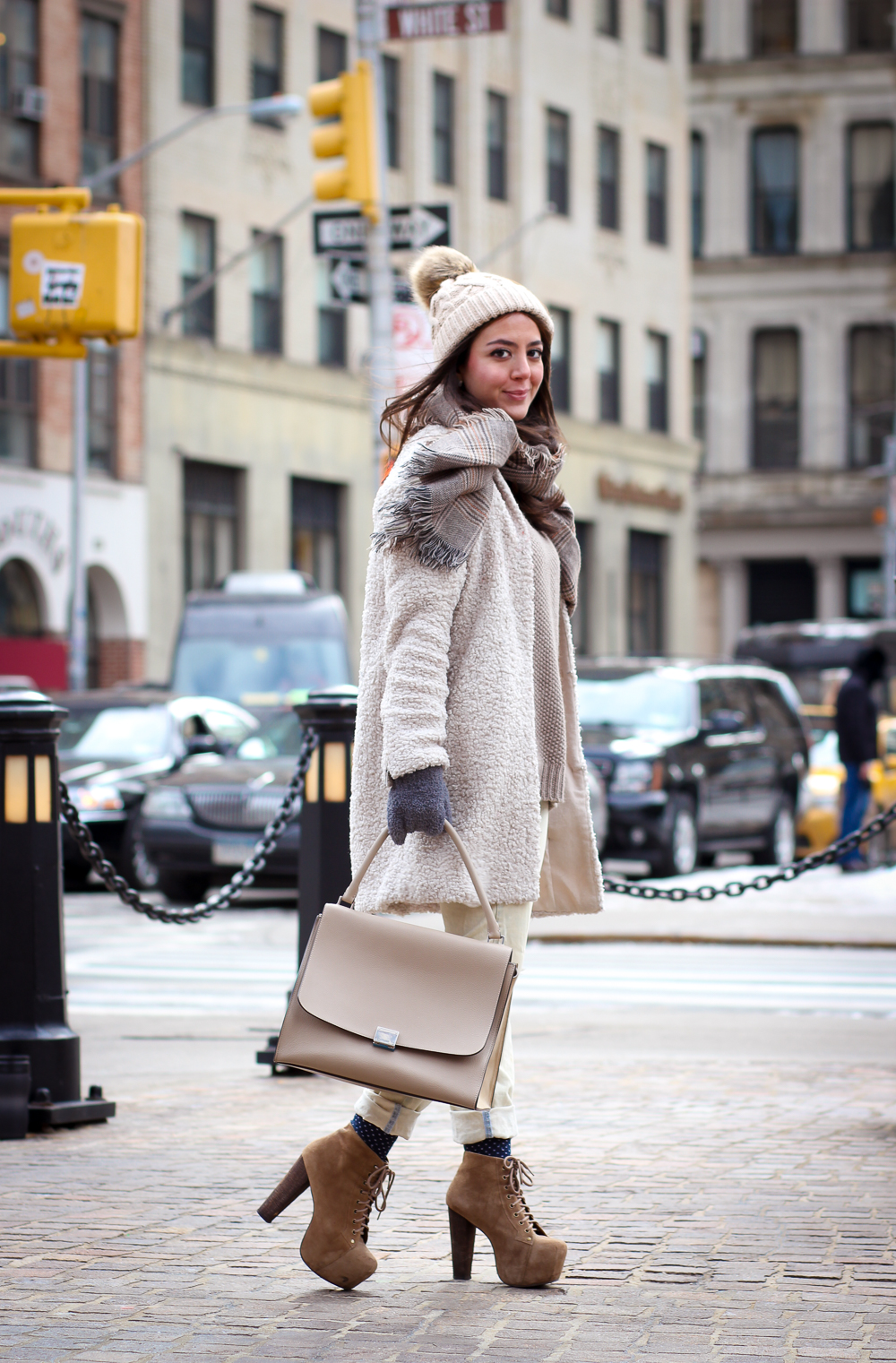

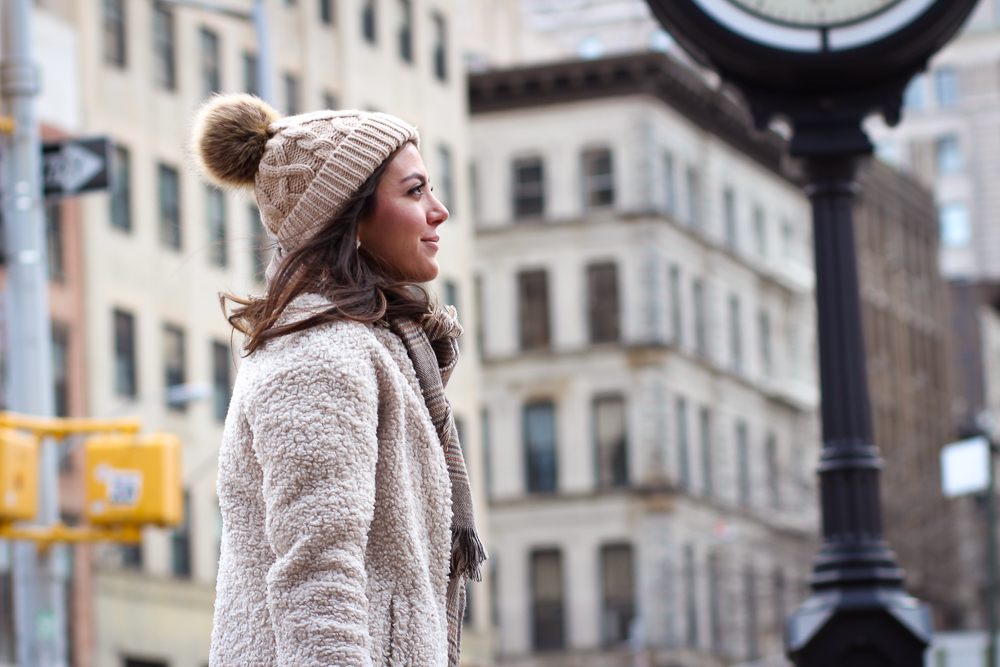
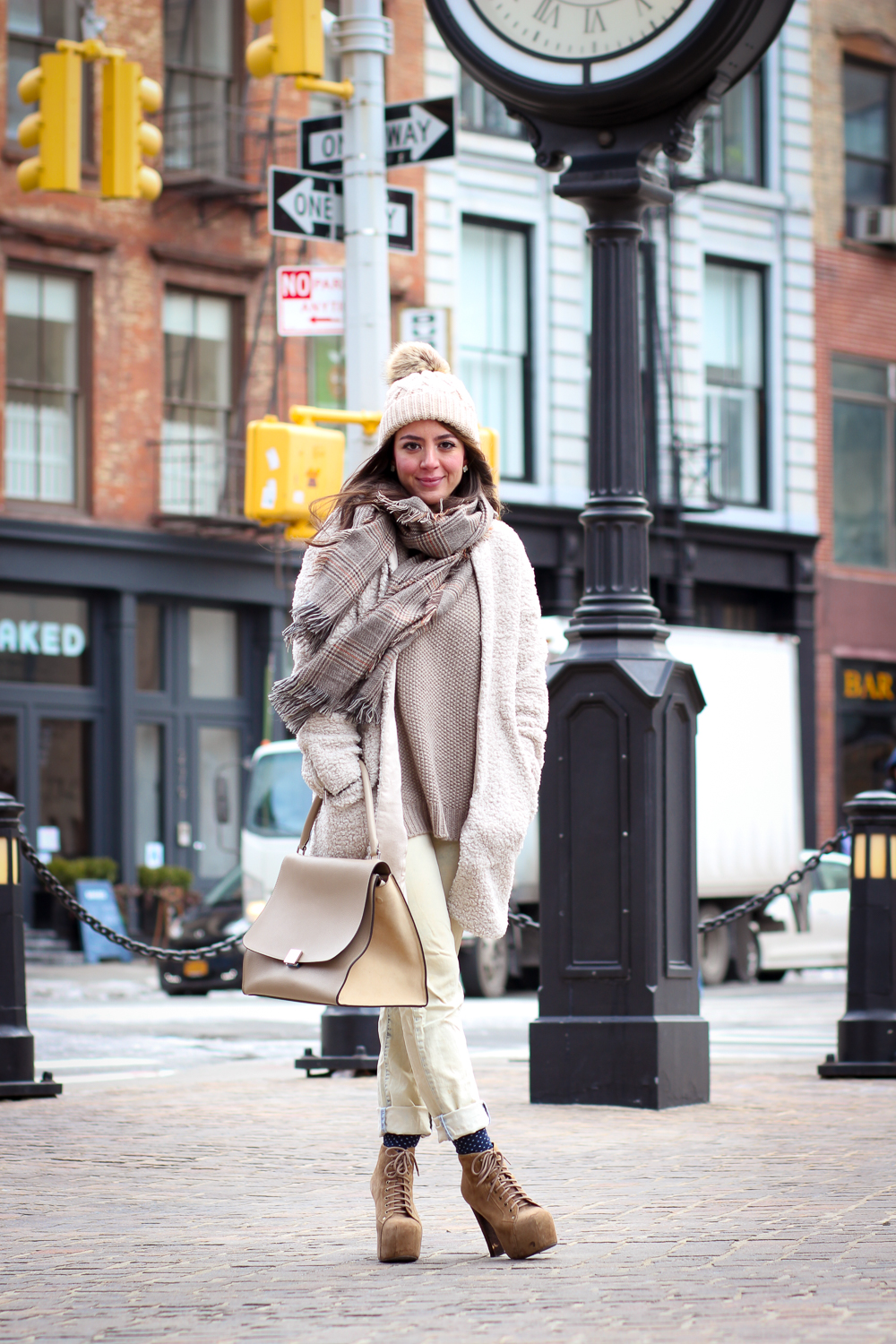
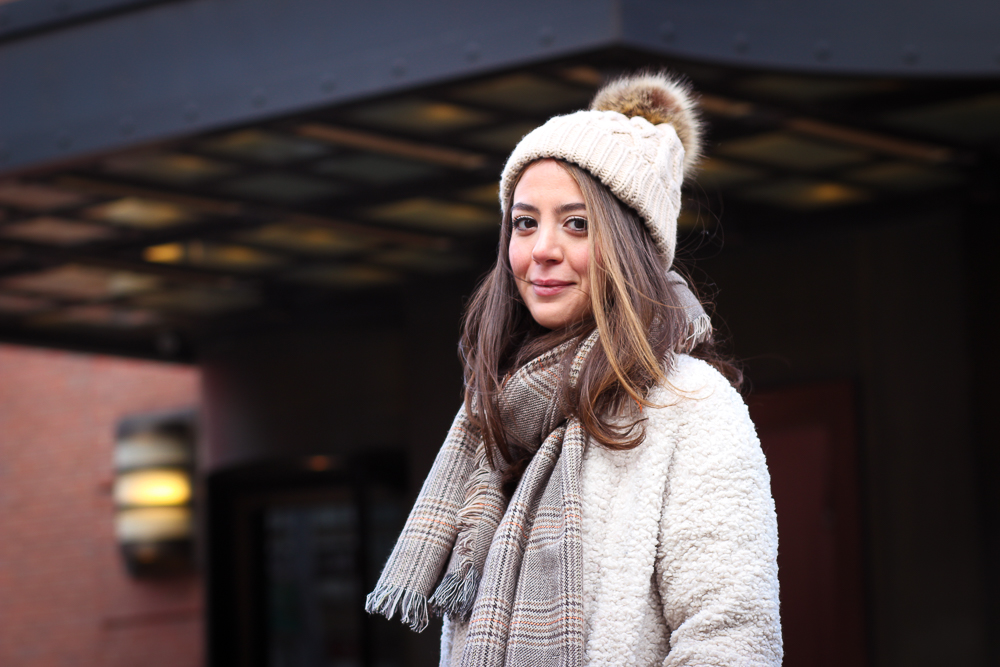

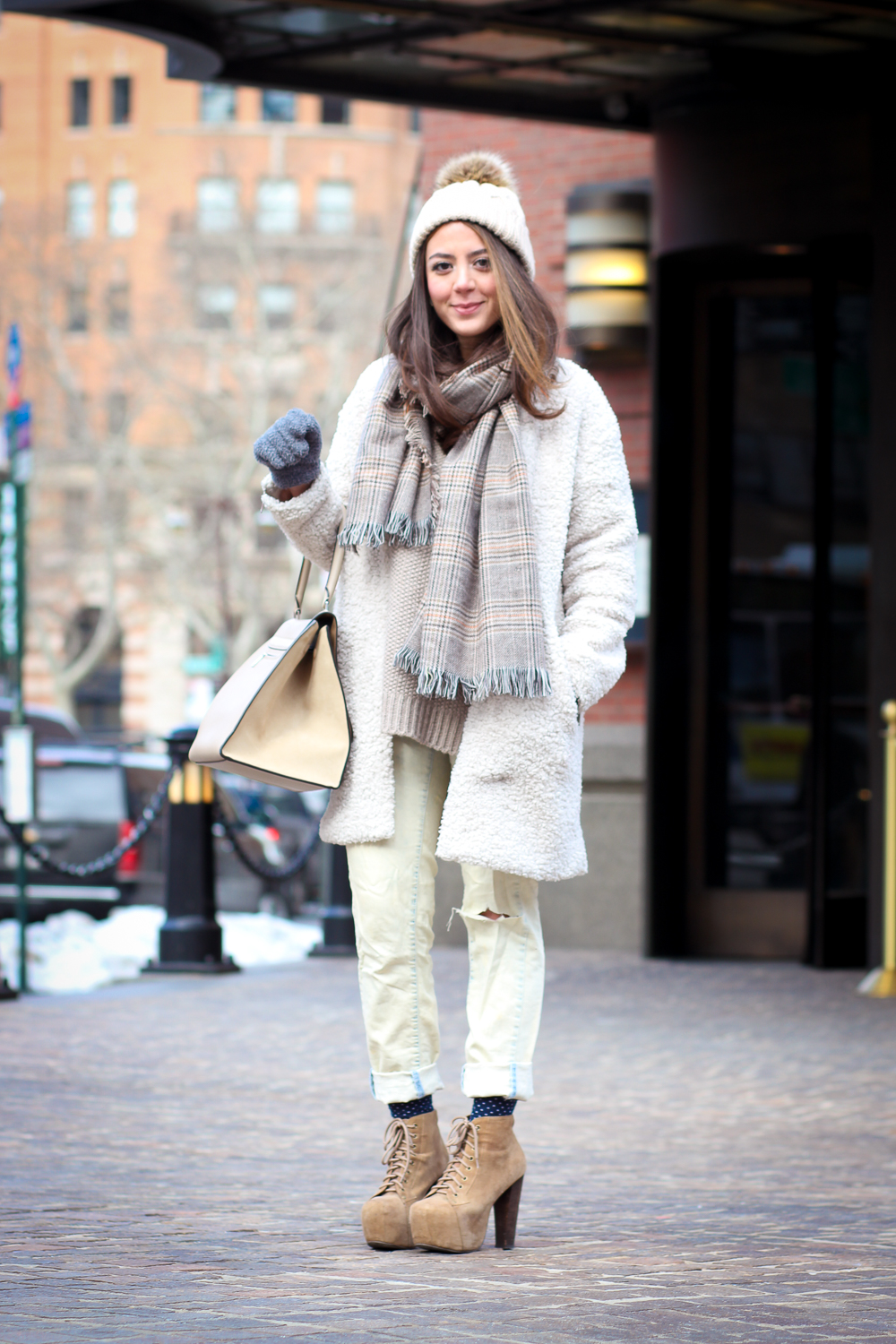
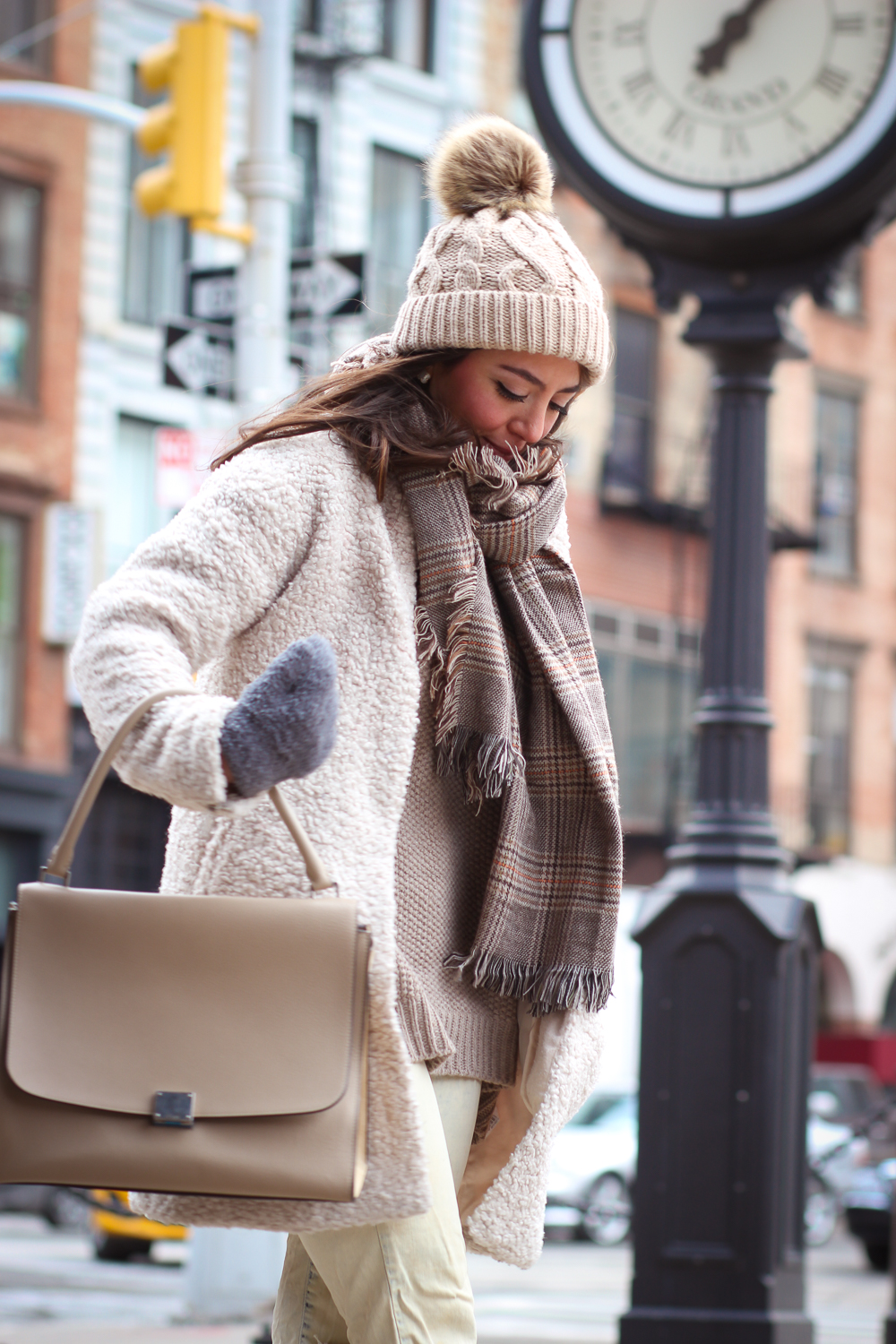

Narges is a fashionable and fabulous Columbia Law student living in the heart of New York City. Transplanted from Vancouver to Tribeca, Narges originally hails from Iran. Although her wardrobe includes a collection of on-trend and head turning treasures, her old world etiquette and warm demeanor affirm that she is truly a Persian princess living the downtown lifestyle.
Tell us about your background and where your family is from.
I was born in Tehran, Iran and lived there until I was nine. Then we moved to Vancouver, Canada where I grew up. My parents continue to keep our home there as they split time between Tehran, Vancouver and New York. Now I live in New York City; I moved here to attend law school at Columbia, and I love it.
What brought your family to Vancouver?
My family left Iran at a time when anyone with the resources and a desire to leave, left. In the late 90’s, there really was a significant immigration movement.
What were the reasons for people to leave?
One reason was to avoid the mandatory military service required for my brother. Another was just the opportunity for education. There are also many restrictions in Iran, and my parents really wanted us to do whatever we wanted with our lives with no limits.
How did those restrictions affect your family’s decision to leave?
After the revolution, Iran changed drastically. The version of Iran that my parents experienced growing up was very westernized. They listened to rock & roll, went dancing, and wore the latest fashion trends like oversized glasses and ripped jeans. There were bars and restaurants where men and women freely interacted, but now that lifestyle isn’t accessible.
Right now, even drinking alcohol is illegal and many other things such as dating are forbidden. Of course, this is not to say that people do not drink or date in Iran—quite the contrary, actually. They just do it illegally. And everybody knows it.
Why is there a drastic difference between the Persian empire and modern-day Iran?
The Shah, who was in power before the revolution, was secular and wanted to westernize Iran. He wanted Iran to be posh and fashionable, like an oasis in the Middle East — he was really with it. America and the United Kingdom favored the Shah because he provided them with inexpensive oil. It was completely different back then.
What were some of the major changes that occurred after the revolution without the Shah in power?
In 1979, the government became a theocracy, meaning that the Muslim religion and the government came hand in hand. The laws of the entire country are outlined by Muslim restrictions. One of the other major differences is Iran’s relationship with the Western world, specifically America. The new Iranian government no longer offered America the discounted rates for their most valuable resource, oil.
The American CIA went as far as to assassinate the Prime Minister, Mossadegh because he opposed them. To this day, this resource-fueled animosity between the two countries changes the way people perceive Iran.
In what ways does the Western world misrepresent Iran?
Iran is very different than how the Western media portrays it. There is so much diversity in Iran; there are churches, synagogues and temples because people do practice other religions. And the people are far from “evil.” They are hospitable, friendly, and fun-loving.
Have you been back to Iran since emigrating?
I visit often, it’s a great place to vacation but you have to be open-minded. Tehran is a young city and many people are artistic and interested in music. Unfortunately, everything is an underground scene. The art galleries, parties, concerts and media are all considered illegal if they do not align with the government’s parameters
Also, the women in Iran are very fashionable. Although every woman must wear a ‘hejab’, the hejab in Iran is very different than hejabs in Arabic countries. The women in Iran cover their heads, but barely. They usually opt for colorful, loose fabric, wear makeup and dress to the nines. They are very stylish and dress like they’re on a catwalk.
What are some of the places you like to visit in Iran?
There are so many beautiful parts. My family is from the Turkic part of Iran (we’re Iranian Torks), so my favorites are Tabriz and Ardebil—mostly for the food. Shiraz and Esfahan also have phenomenal architecture and scenery.
In Iran, the northern area, referred to as “The North”, is where people go to vacation. It’s the area of Iran that is on the coast of the Caspian Sea. Vacationing there is parallel to New Yorkers heading to the Hamptons. However, the men and women can’t be on the beach at the same time. They have to abide by certain hour restrictions, like the men can go from 9am-1pm and the women go from 1-4pm.
So all of the members of your family can’t visit the beach at the same time?
From my understanding, no, they can’t. Many people in Iran have pools in their homes so not everyone goes to the beach. Many Turkish cities and Dubai are also popular vacation destinations for the Iranian citizens. I know a lot of people have been having their weddings in Turkey recently, and this surge is obviously due to the Iranian government’s restrictions.
As a New Yorker with the liberty to express yourself freely how do you feel about the changes that have occurred in Iran over the past forty years?
There are obviously many things that I disagree with, such as having the choice to practice religion, and how one chooses to do that. At the same time I respect the Iranian government for standing up for itself when it comes to international trade and politics. Iran is very rich in natural resources and has to work towards bridging the socio-economic gap between the classes—which still exists today. I just wish that the Western world, especially America, could know the version of Iran that I call home.
For more of Narges’ story subscribe to First Generation Fashion
Coat: Pull & Bear | Bag: Celine | Shoes: Jeffrey Campbell | Hat: Mango (similar) |Watch: Hermes | Earrings: Van Cleef | Scarf: Massimo Dutti | Pants: Zara (similar)

